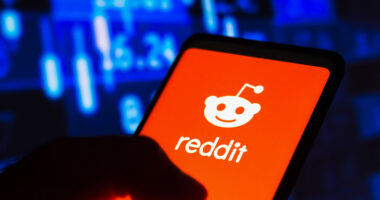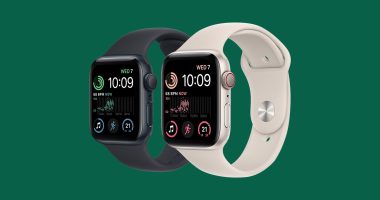A NEW patent filed by Microsoft shows how the company hopes to create a system that can tell if employees are bored during work meetings, according to reports.
The technology would reportedly allow meetings to be assigned a score, based on the body language of attendees and through expressions monitored using facial recognition.
The patent – for an “insight computing system” – would also look at factors such as the number of people in a meeting, which would be measured using wi-fi and Bluetooth beacons, and room temperature.
The time of day and how long each person speaks would also be tracked in establishing a score for the meeting, according to reports.
In tracking “boredom” or “fatigue,” the system would match up with certain detectors, which would then check if attendees are “texting, checking email, [and] browsing the Internet.”
This would be done by monitoring the likes of smartphones and other electronic devices.
RATING MEETINGS
The patent, first reported by Geekwire, reads: “Because conventional computerized scheduling systems lack real-world context, users may not be aware that they are attempting to schedule non-optimal meetings, which may result in meetings that are unproductive at best.
“Many organizations are plagued by overly long, poorly attended, and recurring meetings that could be modified and/or avoided if more information regarding meeting quality was available.”
Recently, Microsoft was reported to have introduced a productivity score, which would allow employers to see which 365 products employees are using, and for how long.
First seen at Microsoft’s annual Ignite conference in October, the Productivity Score as been dubbed a “privacy nightmare.”
The technology would also track how many times employees send emails, use chat functions, and time spent online – potentially to be collated into a league table of employees.
At the time, Jared Spataro, corporate vice president for Microsoft 365, wrote in the post: “Let me be clear: Productivity Score is not a work monitoring tool.
“Productivity Score is about discovering new ways of working, providing your people with great collaboration and technology experiences. It focuses on actionable insights about the ways in which people and teams are using the tools so you can make improvements or provide training to further your digital transformation.”
Microsoft is not the only company to come under fire for potentially creating a culture of excessive workspace surveillance.
Amazon, according to report from Amnesty International this month, has used to technology to track its drivers’ Facebook posts.
The company’s Whole Foods employees have also been monitored, the reported added, stating that heat maps may have been created to track which stores might unionize.





















